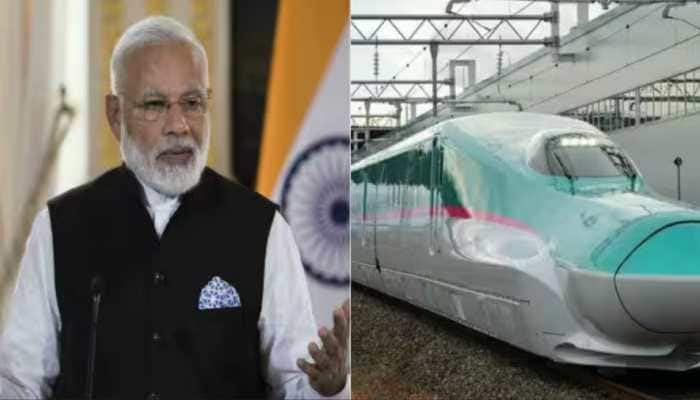Adopt UN convention, stop terrorists getting weapons of mass destruction: India
India has called for the adoption of the Comprehensive Convention on International Terrorism (CCIT) to prevent terrorists getting weapons of mass destruction (WMD).
Trending Photos
)
United Nations: India has called for the adoption of the Comprehensive Convention on International Terrorism (CCIT) to prevent terrorists getting weapons of mass destruction (WMD).
Lal said, "Such delay hints at a lack of collective will on an existentialist issue that has become the most serious threat to world peace since 1945."
He was speaking on Thursday at the Security Council debate on the threat of WMDs falling into the hands of terrorists.
"As a victim of terrorism for over three decades, India is cognizant of the catastrophic dangers that the transfer of WMDs to non-state actors and terrorists could entail," he said.
"The proliferation of WMDs and their means of delivery to non-state actors continues to constitute one of the biggest and most serious threats to international peace and security today."
He said that meeting the new proliferation challenges requires new approaches that differentiate between "responsible States whose actions strengthen non-proliferation and those that weaken the realisation of its objectives."
Earlier, the Council unanimously called on all countries to strengthen national anti-proliferation laws to ensure that non-state actors don`t get nuclear, biological and chemical weapons of mass destruction.
Deputy Secretary-General Jan Eliason warned about WMDs becoming "increasingly available" to "vicious non-state groups with no regard for human life."
He added, "We have seen this in the use of chemical weapons by Islamic State (IS) in Syria and Iraq."
About the possibility of nuclear threats, he said there were legitimate concerns about the security of large stockpiles of weapons grade nuclear material outside international regulation.
"Scientific advances have lowered barriers to the production of biological weapons," he said. "And emerging technologies, such as 3D printing and unmanned aerial vehicles, are adding to threats of an attack using a WMD."
Stay informed on all the latest news, real-time breaking news updates, and follow all the important headlines in india news and world News on Zee News.
Advertisement
Live Tv
Advertisement







)
)
)
)
)
)
)
)
)
)
